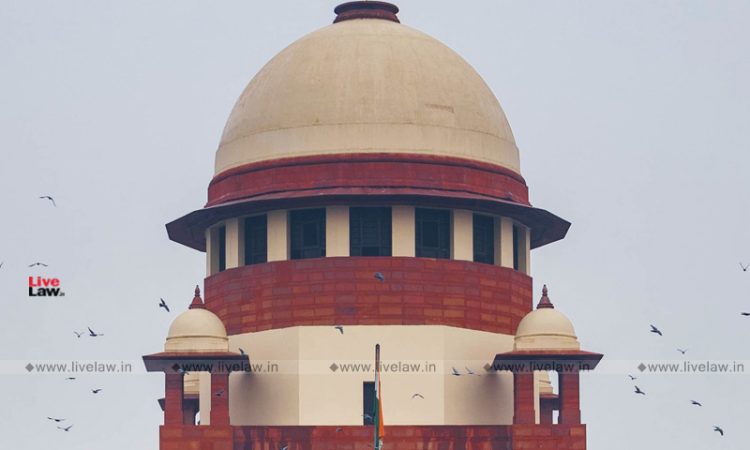Overruling a Full Bench decision of Delhi High Court, the Supreme Court has observed that the disputes which are to be adjudicated by the Debt Recovery Tribunal [DRT] under the DRT Act are non-arbitrable.To hold that the claims of banks and financial institutions covered under the DRT Act are arbitrable would deprive and deny these institutions of the specific rights including the modes...

